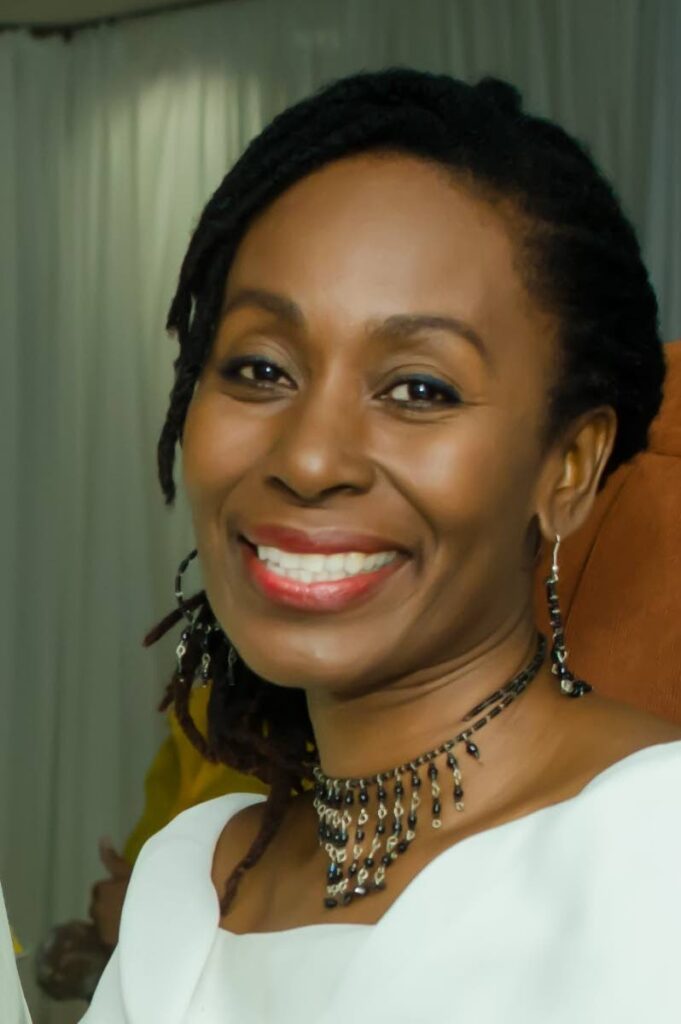Do artists make better politicians?

Culture Matters
Dara E Healy
When sunset, a brass gong,
vibrate through Couva,
is then I see my soul, swiftly unsheathed,
like a white cattle bird growing more small
over the ocean of the evening canes…
but time roars in my ears like a river,
old age is a conflagration
as fierce as the cane fires of crop time.
I will pass through these people like a cloud,
they will see a white bird beating the evening sea
of the canes behind Couva…
– From The Saddhu of Couva by Derek Walcott
WORKING WITH him could be described as being part of a rock star’s entourage. As prime minister we would line up to greet him on mornings and I never failed to marvel (or cringe) at the euphoria his presence caused.
Then he would get to the end of the line and give me a wink and captivating smile. I did not get starry-eyed, because to me he was Uncle Basdeo. I also knew that most of the time he was simply having fun.
It is a pity that the politics of Basdeo Panday’s time seemed to require that his experience as an actor should be downplayed. Many on social media expressed surprise that he had been an actor. However, in addition to his brilliance, determination and ambition, certainly his skills as a thespian would have given him an edge on the political stage.
Creative talent is often underestimated. There is little understanding or appreciation of the continuous work that writers must do. Few see the hours of practice that dancers go through to flawlessly execute lifts or bend low under a limbo bar – that is on fire. It is the same with acting. Successful actors must empathise with their character to the extent that they become the person they are portraying.
This ability to understand and relate to people is at the core of politics. Theatre practitioners can sense the mood of a room and use this to manage difficult situations. I watched him access this knowledge; I believe it was a resource he drew on all his life.
Fortunately, in our culture, arts and politics have always intertwined. Raymond Quevedo, who performed as Atilla the Hun, was one of our more famous calypsonians turned politician. As Gordon Rohlehr says, Atilla “combined the role of Calypso Grandmaster, president of the Trinidad Labour Party and MP for Laventille.”
Atilla remained a powerful voice into the 1950s, when, for instance, he sang against racism in the Carnival Beauty Queen competition. “Hear a judge remark/She’s lovely but she too dark/And it’s with chagrin, despair and pain/You see another flat, black-white woman get it again.”
Historically, other creative forms have been vigilant against oppression and corruption. The masquerade was a powerful source of social commentary and political activism. Hollis Liverpool documents that the J'Ouvert of 1930 was filled with “quack doctors, quack lawyers and quack policemen.” This was how the people protested exorbitant fees being charged by doctors and lawyers, without consideration for people of modest means, and the arbitrary way police enforced the law or accepted bribes related to their cases. In the 1950s, an ole mas portrayal highlighted fraud in the city council.
In TT, we have always understood that creativity is political. The 1970s was one of the most significant periods for the engagement between arts and sociopolitical awareness. From the Pinetoppers band with a large white monster at the front to calypsoes proclaiming Black is Beautiful, or the Black Traditions in Arts that showcased street theatre, poetry and more, this was a time of the intense combination of politics and culture.
The other part of the story entailed regular police raids on the homes of those considered to be subversive, massive street marches, guerrilla warfare and state retaliation.
Basdeo Panday the attorney defended the activists, no doubt empathising with their calls for more equity in our society. In 2000, his administration removed the laws against African spirituality and culture, from the anti-obeah legislation of 1868 to the 1884 law banning the drum.
Like the saddhu in Walcott’s poem, I think for a long time he tried to reconcile the society he dreamed of with the reality that faced him.
Although we lost touch, I observed him, missteps and all, as he regained his balance, his wit and his charm.
So, do artists make better politicians? I’ll wink and say, maybe.
Rest in power, uncle. I will miss you.
Dara E Healy is a performance artist and founder of the Indigenous Creative Arts Network – ICAN

Comments
"Do artists make better politicians?"